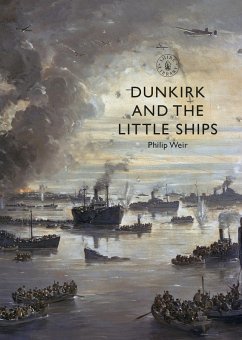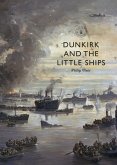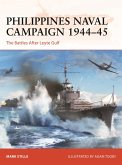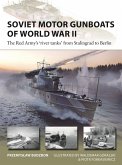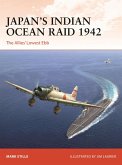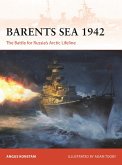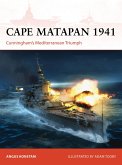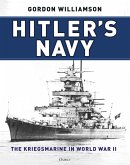During 1940 the German army swept with devastating speed across the Low Countries and into northern France and drove Allied forces back into a small pocket around Dunkirk. Without a swift withdrawal across the English Channel, the latter faced certain death or capture. The evacuation plan - Operation Dynamo - initially calculated that 45,000 men might be rescued, but between 26 May and 4 June 338,226 men were in fact brought back to England. Naval historian Philip Weir shows how this was made possible by a vast armada of disparate vessels including destroyers, minesweepers, fishing vessels and, most famously of all, the privately owned 'Little Ships'. He explores the vessels' various roles within the evacuation, and their subsequent fates, including preservation and participation in commemorative return runs to the port, which now take place every five years.

